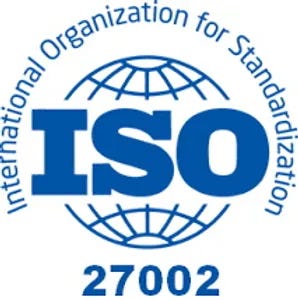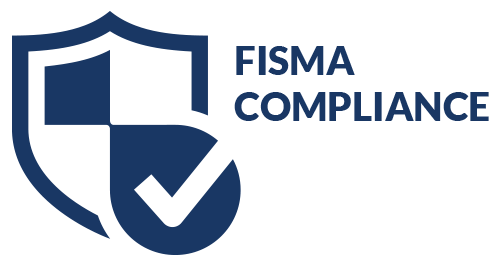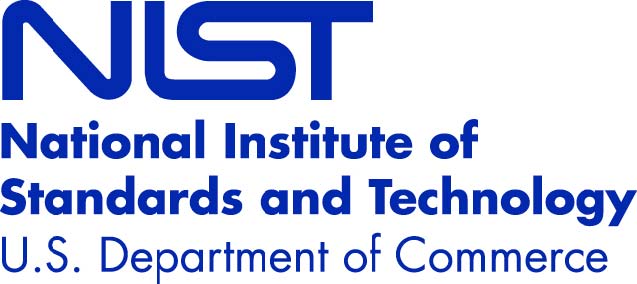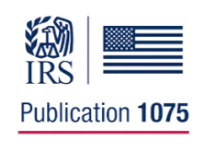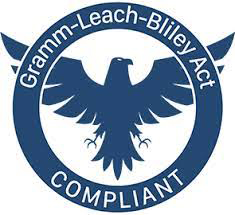Debt collectors are required to follow strict compliance guidelines.
It’s not surprising that top-level executives are very guarded when it comes to debt recovery. Whether they handle their collections in-house or outsource, any compliance violation can cost them – both financially, and their reputations.
The Consumer Financial Protection Bureau (CFPB) is the entity tasked with policing the collections industry. It protects consumers from deceptive or abusive collections practices. When a collections agency steps out of line, the CFPB can fine the collections agency – and hold the organization that hired it accountable for the compliance infractions.
Organizations may soon feel less stress when it comes to hiring a collections agency. Changes to compliance rules are coming that will likely drive mass-consolidation between small collection firms and larger, experienced firms that have a deep investment in compliance management.
This article looks at the issue of compliance in collections and why following the rules is so important.
Collections Practices and Compliance — What to Ask an Outsourcing Partner
The federal rules governing collections seek to protect the consumers and dictate best practices for debt capture agencies. Federal legislation includes the Dodd-Frank Wall Street Reform and Consumer Protection Act of 2010.
In addition to establishing the CFPB, Dodd-Frank sought to bring direct supervision of collection agencies under government control. CFPB enforces rules by levying fines against collections firms and the companies that hire them.
Disregarding compliance rules can mean big fines.
insideARM says since the inception of the CFPB in 2012, more than $5 billion in fines have been levied. Most of these penalties have been tied to UDAAPs — “unfair, deceptive, or abusive acts and practices.”
In 2017 we saw:
- March — Mastercard and UniRush ordered to pay $13 million for compliance violations.
- August – JPMorgan Chase fined $4.6 million for failing to have processes in place to keep consumers informed of their rights and also failing to report checking account information.
- August — American Express fined another $1 million on top of $95 million this year for consumer credit compliance violations.
- November – Xerox Business Services fined $1.1 million for incorrectly filing delinquent payments with credit bureaus on more than one million customers.
In addition to these fines, mistakes like these can cost companies the good will of consumers, and potentially create a public relations issue that could follow an organization for years.
If your organization is considering outsourcing collections or is concerned about compliance with an existing vendor, ask the following questions:
- Do they have a fully-integrated compliance management system (CMS) that is regularly updated with real-time data in order to minimize risk?
- What policies do they have in place to prevent UDAAPs?
- What is their response to consumer complaints and how do they practice compliance audit monitoring?
In addition to having a fully integrated best-in-class CMS, TSI uses fully automated controls dictated by policies and procedures that comply with all federal, state, and local consumer regulations and laws.
New Rules Tighten Collections
The CFPB has proposed new compliance rules that would cap contact attempts and ensure more accurate reporting of consumer debt. The Outline of Proposed Rules would, in part:
- Require collections agencies to verify they have the correct information to contact the debtor.
- Prohibit excessively disruptive communications. This means debt collectors would not be able to contact consumers more than six times each week.
- Ensure collections agencies provide detailed information to consumers on the debt, with a dispute resolution process mapped out.
It is likely that additional rules in an already regulatory-heavy field may force smaller collection agencies to join forces with larger companies that have the resources to remain compliant with the new rules. Large agencies like TSI will likely lead the consolidation, having established strong compliance best practices that have made the firm a leader in the field.
——-
TSI minimizes legal, regulatory, and reputational risk for our clients and protects consumers with our proprietary CMS. Thanks to the strength of our CMS, TSI’s industry-low complaint rate of .017% per contact attempt shields your brand from costly violations and retains customer relationships.
To find out more about the new compliance regulations and the benefits of working with a professional debt collection agency, contact us.
Want to learn more about TSI? Fill out the form and a TSI representative will contact you shortly.
